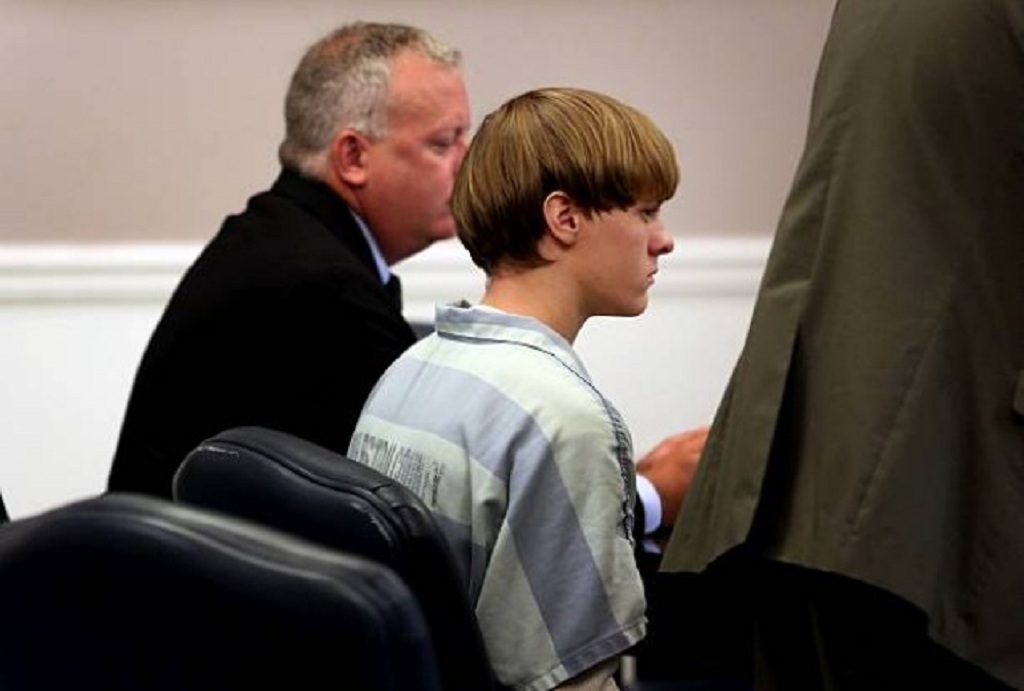
A total of 16 lawsuits that were filed by the family members and the survivors of the mass shooting inside a church in Charleston, South Carolina were all dismissed by a federal judge. Despite clearing the Federal Bureau of Investigation from any legal obligation in allowing the shooter, Dylann Roof, to purchase a handgun despite having a prior record, Judge Richard Gergel had a few choice words for the agency itself. The federal judge of the United States District Court for the District of South Carolina criticized the agency and called it out on its “abysmally poor policy choices.”
According to the judge, the poor policies and how they were implemented was partly at fault. In 2015, Roof was able to purchase a handgun, which he used to gun down and kill nine African-American churchgoers, despite having a prior drug-related arrest record. The prior record should have disqualified the self-proclaimed white supremacist from purchasing the gun in the first place, but a delayed background check allowed the transaction to proceed. Under federal law, if a background check is delayed for more than three business days, the licensed firearms dealer is allowed to sell the firearm at his own discretion. When a seller queries the FBI’s National Instant Criminal Background Check System (NICS), he or she will only be getting one of three answers, namely proceed, deny, or delay. In Roof’s case, the seller received a delay response. After three business days without any other response from the system, the seller proceeded with the sale.

Dylan Roof (C), the suspect in the mass shooting that left nine dead in a Charleston church last month, appears in court accompanied by assistant defensive attorney William Maguire July 18, 2015 in Charleston, South Carolina. (Photo by Grace Beahm-Pool/Getty Images)
Judge Gergel mentioned in his ruling that the FBI’s National Instant Criminal Background Check System (NICS) was “excessively micromanaged” by extremely rigid operating procedures. He further explained that most of the examiners in the agency are probably overworked and overwhelmed with all of the requests and that being hindered by these policies only serve to worsen the situation. The judge seemed to agree with the plaintiff’s claim that the FBI acted negligently when they allow Roof to purchase the handgun because of the delayed background check. However, the judge explained in his ruling that the plaintiffs are not legally able to hold the government agency liable due to a provision in the Brady Handgun Violence Prevention Act. The provision basically indemnifies the government and its agencies for any failures in the background check system itself.
Throughout the ruling, several details regarding how Roof was able to purchase the firearms from the licensed dealer were outlined. FBI examiners apparently lacked critical information during their investigation, which led to the delay response. Due to several strictly implemented operating procedures, examiners were not able to investigate any further. An agency policy apparently prevented the NICS staff from access a fourth FBI database, which contained the necessary info to deny Roof’s purchase. The same information could also have been acquired from the Columbia, South Carolina police department, but the department was apparently missing from the FBI’s list of law enforcement agencies in Lexington County. Examiners were also revealed to have been prohibited from calling the agency to track down the missing records.

